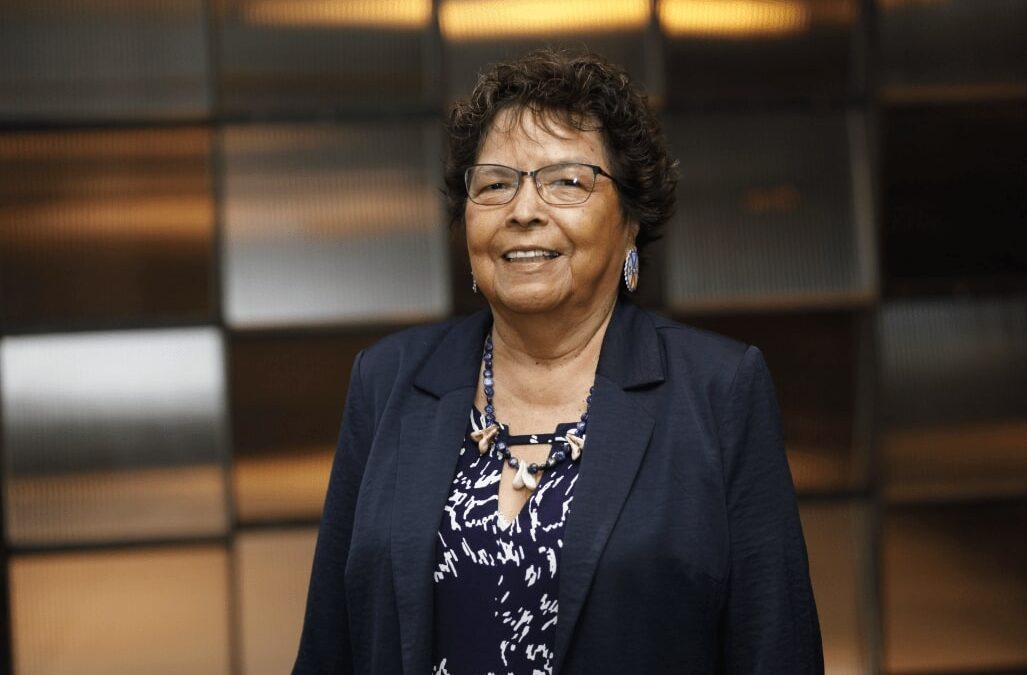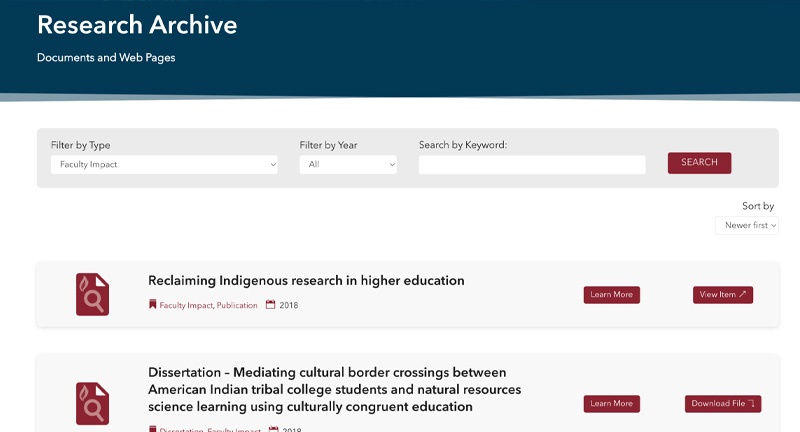The Kony 2012 video, created by the nonprofit fundraising group Invisible Children, has touched a nerve with millions of people around the globe.
The video proves that fundraising has entered the era of social media. But as with any other form of fundraising, non-profit organizations need to be vigilant about maintaining their credibility and trusted relationships when using social media.
The Kony 2012 video has been criticized by Ugandan journalists, broadcasters, and experts for misleading the public.
Critics point out that old footage is used, depicting scores of young children sleeping on the streets in an effort to escape Kony’s army, and that the situation has not occurred in years. The video asserts that the war continues, despite the fact that Kony’s band has dwindled to 200 or so core members, has decamped from Uganda, and is in hiding in the Central African Republic, where it survives by raiding villages. Still others say the video does not state the political reasons behind why Kony still exists, or where monies raised by Invisible Children will be used. Invisible Children has announced it will release another video to answer these questions.
I lived in Uganda in 2005-06 with my husband, where he worked for the Institute for War and Peace Reporting alongside Ugandan journalist Rosebell Kagumire, who was widely quoted in international media about the video. I had the opportunity to tag along on travels and interviews, meet former child soldiers, visit refugee camps, and speak with escaped girls who had been kidnapped to serve as child brides and workers for Kony’s army. My experiences there inspired me to work in philanthropy.
I don’t fault Invisible Children for their altruism. But the Kony 2012 fundraising video controversy underscores why fundraising organizations must remain committed to accountability and transparency with donors and the communities we serve. Social media can spread information with the click of a button. This is a powerful tool, but we must ensure our messaging is clear and accurate for the benefit our communities and donors who trust us when using it to spread the word. When nonprofits provide information that raises questions, it damages relationships and ultimately hurts the communities we serve that rely on us. We are trusted to provide donors with solid information about our work and how it impacts our communities.
Donors work hard for their money, and especially in these times they want to be sure their dollars work hard to help others. To help donors see the impact of their commitment, we should also share charity watchdog organizations’ ratings in donor communications.
When trusted non-profits provide information to donors about the causes we serve and data about how we use their dollars, we help them to ensure their gifts match their intentions to do real good. Our communities and our donors deserve no less.
Dina Horwedel is the public education director of the American Indian College Fund.









